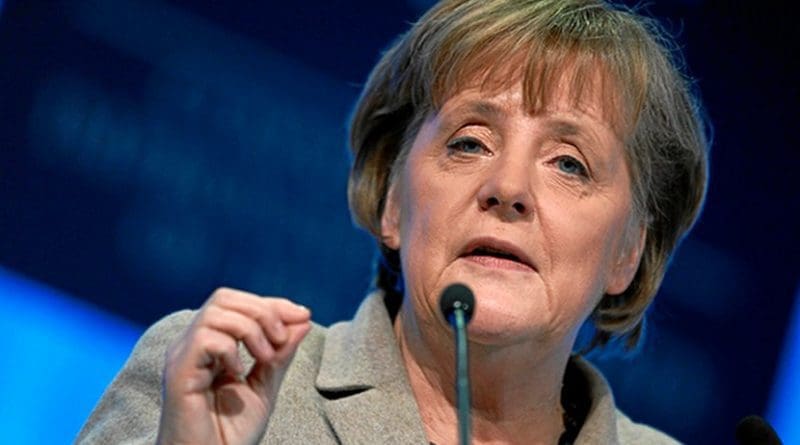Merkel Nixes Bringing Forward Germany’s Exit From Coal
By EurActiv
By Kira Taylor
(EurActiv) — German Chancellor Angela Merkel on Saturday (15 May) rejected calls to bring forward the country’s exit date for coal in power generation, currently set at 2038.
“Those affected need some reliability on the path to climate neutrality,” said Merkel. “I don’t want to unravel this again after one year.”
The German coal phase-out law was agreed in July 2020 – 18 months after the country’s coal exit commission recommended that coal-fired power generation should be ended by 2038 at the latest.
But the phase-out is much later than in many EU countries. Most have a phase-out date of 2030 or before while others, like Belgium and Austria, have already ditched coal from their energy mixes.
The Paris Agreement also calls for developed countries to have ditched coal by 2030 – eight years before Germany’s current target.
On top of this, the European Commission is currently investigating a planned €4.35 billion compensation scheme for German energy companies, agreed as part of the country’s coal exist plan, saying the sums involved are “likely to constitute state aid” under EU law.
Germany is one of the top three burners of coal in the EU alongside the Czech Republic and Poland.
However, there are increasing concerns about the amount of carbon emitted and air pollution associated with coal burning. Coal is also facing economic woes with rising carbon prices in Europe, which are consistently breaking records and hitting historic highs.
“The time of coal-fired power plants are coming to an end, and many units are no longer profitable. These market trends need to be reflected in national strategies,” according to a report by the Agora Energiewende think tank.
Indeed, hard coal has been unprofitable in Germany since the 1970s and had to be subsidised for forty years, Philipp Litz, a co-author of the study from Agora Energiewende, told EURACTIV.
Germany is currently scrambling to fix its climate ambition after its top constitutional court ruled its climate protection law infringed upon the rights of the nation’s youth.
The law had aimed to cut emissions by 55% by 2030 and net zero emissions by 2050. But it was considered too vague by the judges. Legislators now have until 2022 to fix it.
The federal government answered with increased ambition, announcing plans for an increase to 65% emissions reduction by 2030 and to reach net zero by 2045.
However, climate activists say that without an earlier coal phase-out, the more ambitious climate protection targets which Merkel’s government agreed cannot be achieved.

